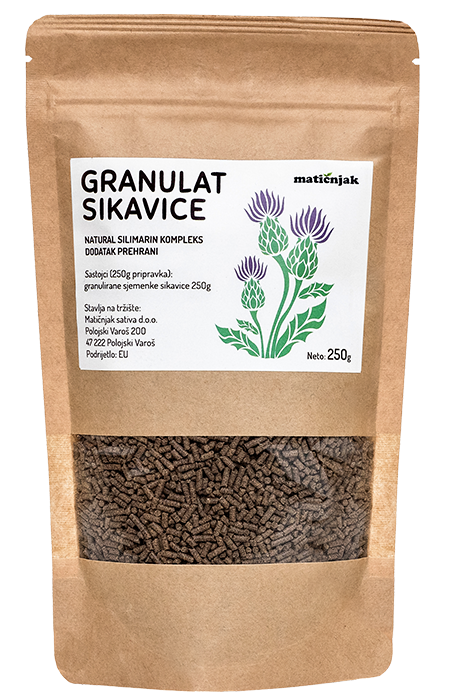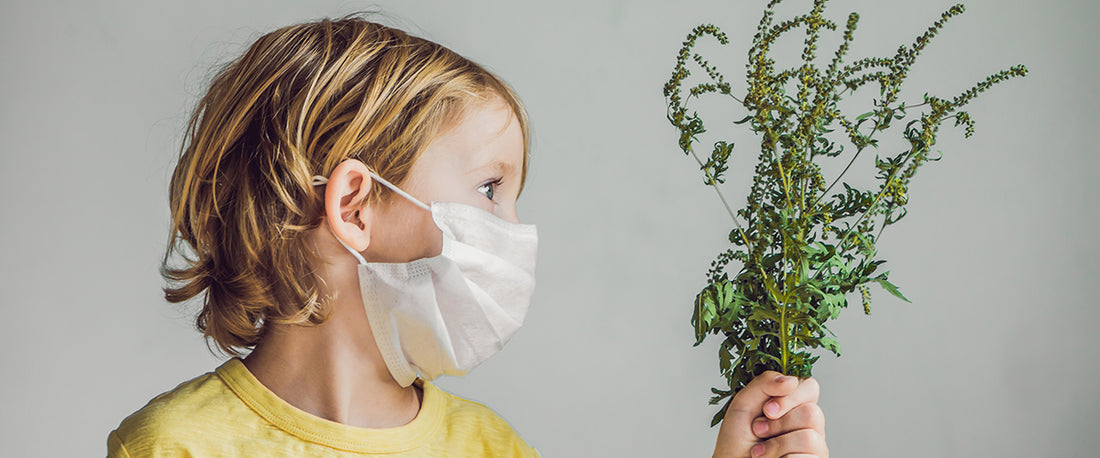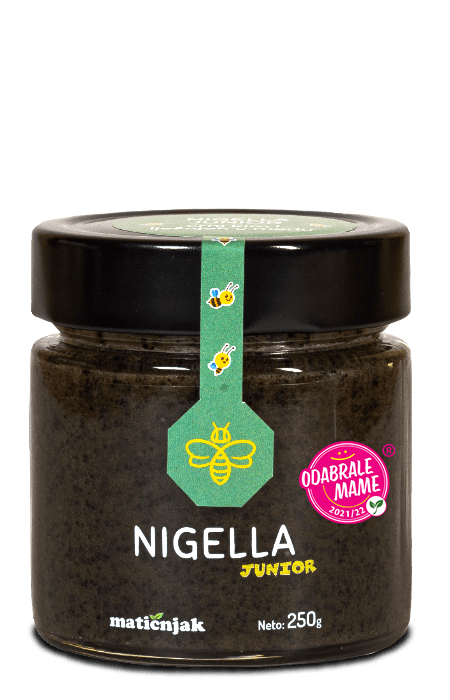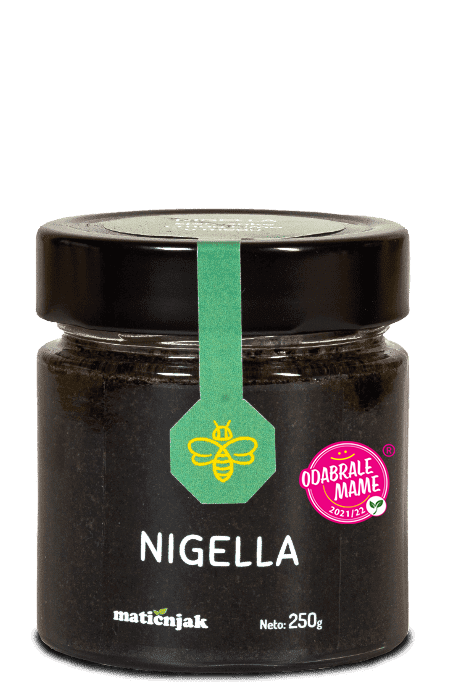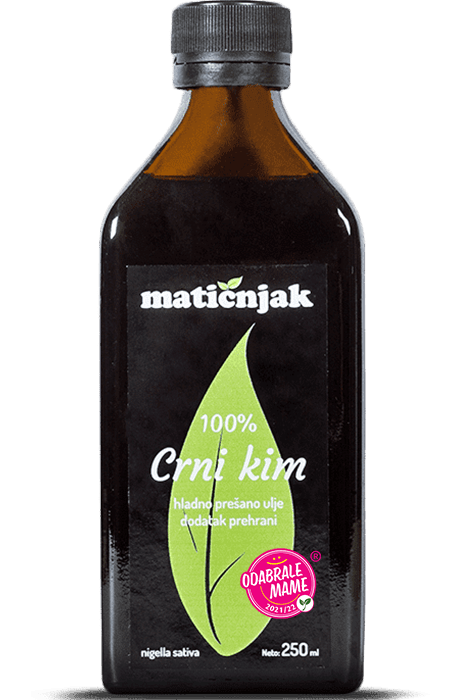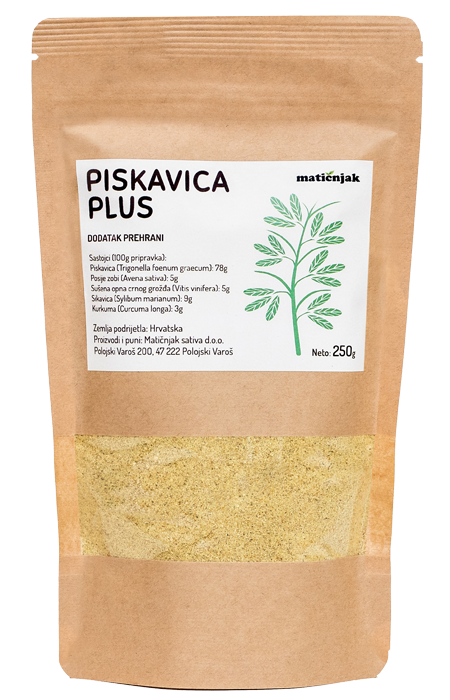An allergy is the body's immune response to substances in the environment, and when a person who is allergic comes into contact with a certain allergen, their body reacts with various symptoms that may include itching, rash, sneezing, runny nose, difficulty breathing, swelling or digestive problems. Read below why allergies are more and more common today and how to get rid of them in the easiest and most effective way naturally by modulating immunity.
Nowadays, more and more people are allergic to pollen, as well as other allergens from food or the environment, and there are several reasons for this worrying phenomenon. Experts highlight several key factors that contributed to the increase in the number of allergic reactions. One of the reasons is genetic predisposition, he says News Medical. A tendency to allergies can be passed down from generation to generation, meaning that children whose parents are allergic will also be more likely to develop allergies. Also, changes in the environment play an important role. Air pollution, an increase in the number of allergens and exposure to chemicals can trigger the development of allergic reactions. The modern way of life, which often includes staying indoors and less exposure to nature, can also have a negative impact on the appearance of allergies.

One theory that has recently gained importance is the so-called hygiene hypothesis. As he states Mayo Clinic, according to this theory, the modern way of life characterized by reduced exposure to various microorganisms in childhood can disrupt the development of the immune system. Lack of exposure to bacteria, viruses and parasites can lead to hypersensitivity of the immune system to otherwise harmless substances resulting in allergic reactions.
Changes in eating habits have also been shown to be a factor in the development of allergies. Increased consumption of processed food, additives and pesticides can have a negative impact. Also, insufficient variety of diet can contribute to the occurrence of allergic reactions. Of course, increasing awareness of allergies is also an important factor. People today better understand the symptoms and recognize allergic reactions, which leads to more frequent diagnosis.
By adjusting immunity, we can influence allergies

We can imagine immunity as an interactive system between us and the environment, which means that a healthy immune system is a basic prerequisite for human health, as well as a long and quality life. If the activity of the immune system is weakened, we are more susceptible to various infections, while its hyperactivity means a predisposition to allergies and autoimmune diseases. Immune modulation could be key to alleviating allergy symptoms, and it is a process of subtle manipulation of the immune system with the aim of stimulating or suppressing certain immune reactions. This technique is used for medical purposes to control unwanted immune responses such as allergic reactions or autoimmune diseases, as shown by research. It is also used in the context of immunotherapy where the immune response is enhanced to fight infections, tumors or other diseases. We can modulate our immunity in various ways, and when it comes to allergies, it is best to do it naturally.
How to relieve allergy symptoms naturally?
The most effective treatments for allergies are those that help reverse the course or prevent the progression of the disease, not just relieve the symptoms. In addition to medicines, lifestyle changes and certain natural ingredients can also help fight allergies and strengthen immunity.
Exercise
Research shows that regular exercise helps reduce symptoms of respiratory allergies. Although it may seem contradictory, regular physical activity makes breathing easier in people with allergies. As he states Verywell Health, it is not necessary to exercise excessively to feel the effects, it is enough to stick to the guidelines of 150 minutes of light exercise per week or 75 minutes of intense activity.
Vitamin D supplements
Vitamin D deficiency is associated with allergies, including allergic rhinitis, allergic asthma, and eczema. This vitamin plays a role in regulating cells of the immune system and releasing substances that can cause allergy symptoms. If you have been diagnosed with vitamin D deficiency, your doctor will recommend the necessary nutritional supplements. Each person has different needs, based in part on skin color and sun exposure. If you are not deficient in vitamin D, it is recommended that most people under the age of 70 get 600 international units (IU) of vitamin D per day. People over the age of 70 should get 800 IU of vitamin D per day.
Omega fatty acids
Omega fatty acids are essential fats that our body needs, but cannot produce them, so we need to get them through our diet. Foods rich in omega fatty acids include fish, nuts, vegetable oil, flaxseeds and leafy greens. Research suggest that omega fatty acids can reduce the body's production of inflammatory substances that play a role in allergies and asthma. Scientists are now increasingly studying whether taking dietary supplements with omega fatty acids during pregnancy can reduce atopic dermatitis and food allergies in newborns, but research is still in its early stages.
Probiotics and prebiotics
Research has shown that probiotic microorganisms can have beneficial effects on the immune system and reduce the risk of allergic reactions. While probiotics are beneficial bacteria that maintain healthy intestinal microflora, prebiotics are a type of fiber that serves as food for the good bacteria. Dr. Michael Ruscio, an expert on the gut microbiome, explains how probiotics can help reduce the symptoms of seasonal pollen allergies, but also ease the symptoms of food allergies such as milk allergy.
Medicinal herbs
Medicinal herbs can also be immune modulators, and among the many useful herbs, black cumin and fenugreek are particularly effective. Black cumin or Nigella sativa is a plant traditionally used in many cultures for its health benefits. Research proved that black cumin has anti-inflammatory, antioxidant and immunomodulatory properties, and oral consumption of black cumin oil showed improvement in allergic disorders. When 15 ml of the oil was administered orally to allergy patients for 30 days, there was a significant reduction in sneezing and itching, hypertrophy and congestion of the nasal concha, and pallor of the mucosa. It has also been shown to cause a decrease in eosinophils in the blood. It is important to emphasize that black cumin also helps with asthma in children and adults. Already after four weeks of daily use, 2 x 5 ml daily dose, asthma symptoms are significantly reduced. Due to its chemical composition, which also includes unsaturated fatty acids, black cumin oil shows a beneficial effect on atopic dermatitis due to the high content of omega-6 fatty acids.
One of the ways that black cumin can help with allergies is through its anti-inflammatory effects. Allergic reactions in the body are often associated with inflammatory processes that cause symptoms such as itching, sneezing, stuffy nose and rashes. Black cumin seeds contain active ingredients such as thymoquinone, which are associated with the inhibition of inflammatory processes. It can also reduce hypersensitivity to allergens and the symptoms of allergic reactions due to its immunomodulatory properties.

Another plant that is extremely useful for allergies is fenugreek or Trigonella foenum-graecum , a plant traditionally used in Ayurvedic medicine for its healing properties. Fenugreek is rich in nutrients, including proteins, fibers, various vitamins and minerals, and it is also the richest natural plant source of iron (33mg/100g), which is an important basis for good immunity. Science has presented the benefits of this plant through a series of studies that favor its multifunctionality. In order to make your allergy season as easy as possible, Matičnjak has combined these two potent plants into an ALLERGY product package that contains Nigella honey , Piskavica Plus and Black Cumin Oil .

Functional Honey with Nigella honey is from the Croatian pastures of the Žumberački Mountains with the addition of black cumin seeds and flower powder collected by bees during the dusty season. Black cumin seeds dilate the bronchi , which reduces symptoms allergies, and the body slowly gets used to the flower powder that irritates it, even that of ambrosia. This is how this mild and tasty honey becomes functional.
Piskavica Plus is a preparation made from fenugreek seeds, which are rich in iron, calcium, phosphorus and vitamins, oats with sprouts and seeds, turmeric, whose curcumin has proved strong antioxidant action and the membrane of black grapes. Also, this herbal preparation contains sikavica, whose silymarin can be useful in the form of complementary therapy in patients with type 2 diabetes, according to research . Fenugreek has been used as a medicinal plant since ancient times due to its anti-inflammatory properties, and it can also be a prebiotic food supplement. Studies also show that it affects type 1 and 2 diabetes by increasing general carbohydrate tolerance.
Black cumin oil is produced from cold pressing of black cumin seeds, which contain over 100 biologically active ingredients, each of which has certain benefits for the human body. However, thymoquinone can be singled out as the most powerful among them, one of the numerous healthy compounds of the essential oil contained in black cumin seeds, whose tiny molecule reaches all cells in the body. Many studies deal with the beneficial effects of black cumin seeds. So far, it has been researched that black cumin seeds protect against allergic reactions and regulate asthma , regulate sugar and cholesterol levels , promote the health of the skin, hair and nails , regulate immunity and relieve the symptoms of gastritis and stomach infections .
Ivo Bačlija, herbalist, apitherapist
+The information and statements are for educational purposes and should not replace your doctor's advice.
